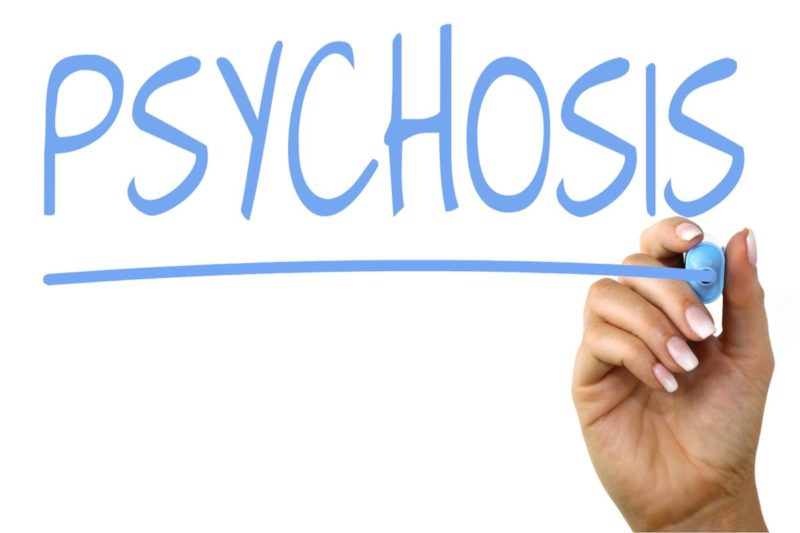What is Postpartum Psychosis (PPP)?
A mental illness during the time after baby is born, the “postpartum” period, PPP as defined and described by the Action on Postpartum Psychosis is “a severe but treatable form of mental illness that occurs after having a baby.”
In the “spectrum” that is perinatal mental illnesses, PPP is the most severe of illnesses and should be considered a medical emergency. While PPP is rare, occurring in approximately 1-2 out of every 1, 000 births, unrecognized and improperly treated PPP can put both Mom and baby’s safety at risk.
Common risk factors for PPP are:
- Personal known history of bipolar disorders or schizoaffective disorder
- Family history of bipolar disorders or schizoaffective disorder
- Previous psychotic episode; personal or family history of postpartum psychosis
- Combination of the rapid drop in hormones following birth and sleep deprivation
- First delivery/birth
**Please note this is NOT an exhaustive list of risk factors.
The MGH Center for Women’s Mental Health reports that PPP has rapid onset of symptoms within the first 48-72 hours following delivery and for most, occurring within the first two weeks postpartum.
Symptoms and signs of PPP include:
- Delusions (beliefs not grounded in reality; often surrounding something about the baby). This may appear as irrational statements.
- Confusion
- Persistent, heightened irritability
- Hallucinations
- Erratic/disorganized behaviors
- Hyperactivity
- Paranoia
- Insomnia (not getting sleep and may verbalize no need for sleep)
It’s time to seek help immediately.
The safety of Mom and baby may be at risk due to the nature of this illness. It is important to note Postpartum Psychosis (PPP) is NOT the same as Postpartum Depression.
Mom needs to be seen by a trained mental health professional to determine need for hospitalization. (Not all women meet criteria, or need, inpatient psychiatric care. ) Common treatment for PPP includes hospitalization, where appropriate; medication; ECT or electroconvulsive therapy; partial hospitalization (outpatient) intensive therapy programs; education for patient and family.




